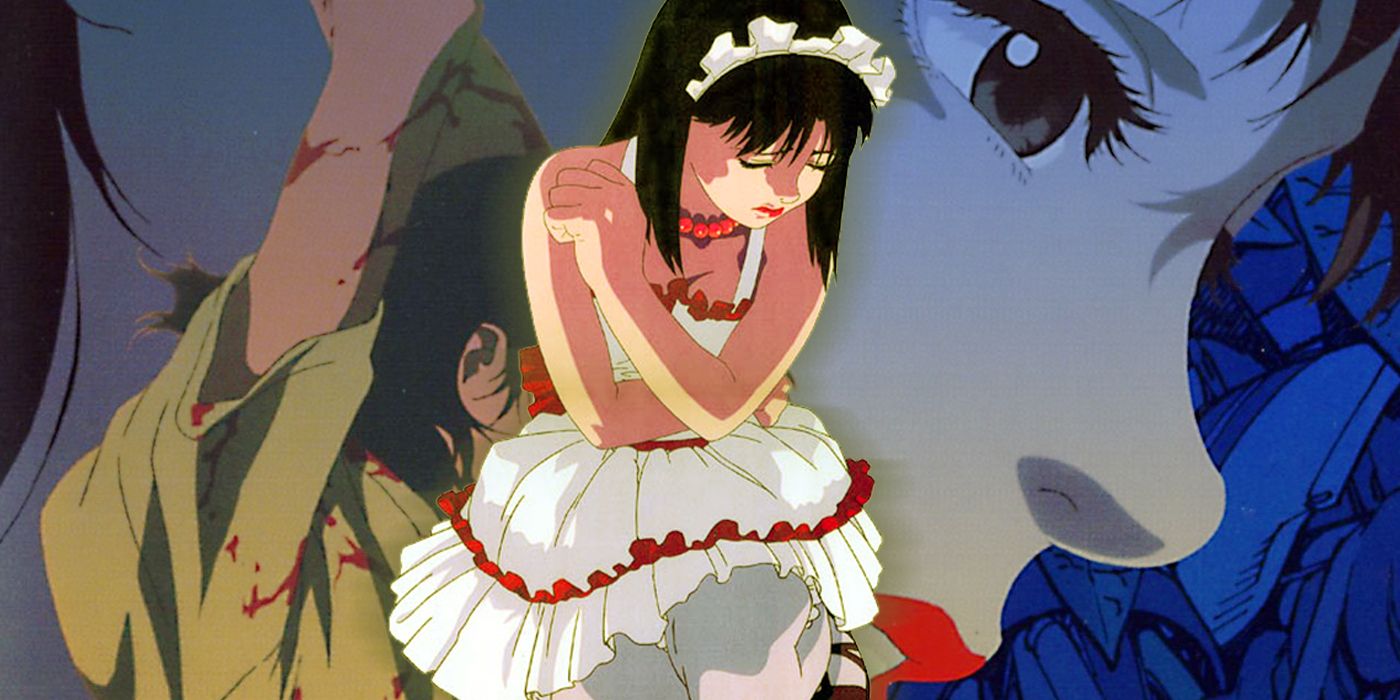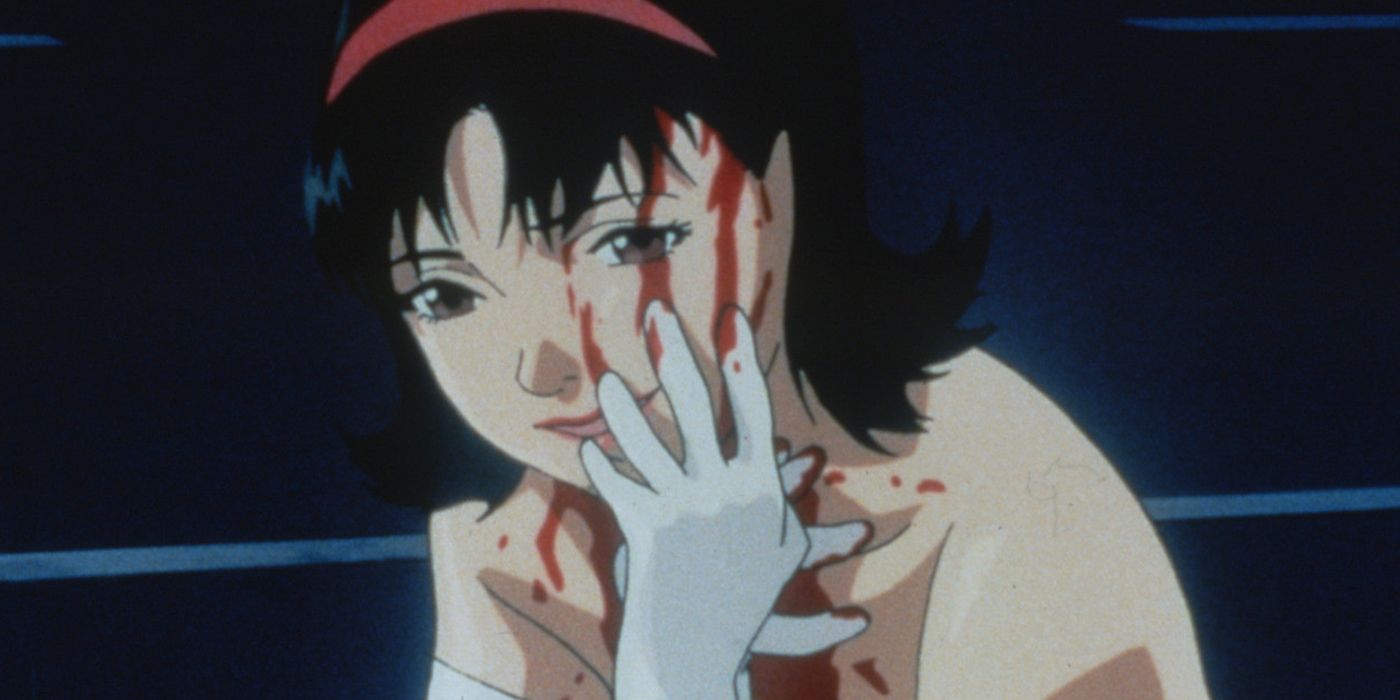More than two decades later, Satoshi Kon's Perfect Blue remains a masterful psychological thriller. The painfully gradual mental decay of Mima Kirigoe establishes an eerie vibe that's present from start to finish, with genius transitions that make us question what's real and what isn't. The question of what's real stands at the epicenter of Perfect Blue, and is what makes the film, and its ending, so special.
Predictably Unpredictable
Perfect Blue's major conflict stems from Mima's harassment at the hands of an obsessed fan. This person masquerades as Mima and blogs about her life on a website called Mima's Room. At first, Mima takes these postings with a grain of salt and even finds them entertaining. However, as the postings about her everyday life become disturbingly accurate, she realizes that something much more sinister is afoot.
As Mima becomes more unnerved with each post, her life begins to unravel. The Mima running the site begins to call out the life decisions and career path of the real Mima, who abandoned her pop idol career in favor of becoming an actress. As these postings accompanied by ominous phone calls, fax messages and murders continue, Mima notices that the same security guard is everywhere she goes. He appears at all of Mima's concerts, TV shoots and at the peak of her mental decay, her dreams. At the film's climax, the security guard reveals himself to be Me-Mania, a fan obsessed with Mima to the point of insanity. He attacks her in a vicious and brutal chase scene, but his attempts to murder her are thwarted when Mima clubs him with a hammer in self-defense. The end? Not quite.
Following the altercation, Mima is found and comforted by her assistant Rumi and taken back to her home. Upon analyzing Rumi's room, an exact replica of her own, and being confronted by Rumi, now donning a replica pop idol Mima outfit, Mima realizes that it was Rumi behind the threats and murders all along.
Rumi is established as a close confidant and friend of Mima's from the film's outset. At the start of Mima's acting career, which saw her take on less than desirable roles, Rumi is the first to express her disgust and outrage, seemingly standing up for Mima. Hindsight is 20/20, though, and when analyzed from an informed perspective these moments are just as eerie as those featuring Me-Mania, because an informed viewer knows it's her. All of the sentiments expressed in the posts on Mima's Room were expressed by Rumi in some form or fashion, and all of the murder victims were those who Rumi outwardly spoke out against. Me-Mania was the obvious choice and frontrunner for main antagonist, but the true mastermind was right under our noses.
Director Satoshi Kon takes full advantage of human nature. The film distracts the viewers and Mima from Rumi's true intentions by assigning her the role of Mima's manager, a simple mask that minimizes the obvious rage-fueled outbursts and sentiments she expresses. The gravity behind her actions and emotions are further minimized due to the film's portrayal and incrimination of Me-Mania. Given the lack of blatant clues pointing to Rumi, it would be hard to distinguish her as the culprit. However, that fact that she goes completely exempt from suspicion up until it's too late is horrifying, especially considering that one one look at her room would have made this film half as long.
This narrative structure banks on and exposes our tendency to judge individuals on a surface level--creepy security guard bad, kind-hearted assistant good. Perfect Blue easily and masterfully camouflages its primary antagonist while at the same time accentuating one of its major questions of what is real and what isn't -- Mima's biggest threat was the person she trusted most and suspected least. While Mima at the end of the film survives her encounter with Rumi and seemingly regains her sense of self, horror lies in the fact that Mima herself was on the verge of joining Rumi in the land of the lost. Given what we've already witnessed, this element of the film cannot be ignored, and raises the question of the validity of Mima's perspective in the final sequence. Mima declares that she is "real", but after all we've been through with her, it would be hard not to question whether or not this Mima and ending can be trusted.



